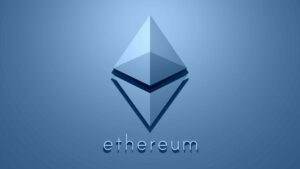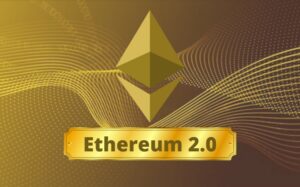Three Ethereum testnets now have a set date for the London hard fork, a vital advance toward a full mainnet execution.
The long awaited “London” Ethereum hard fork presently has a set square stature for three testnets — a key penultimate advance toward a full mainnet dispatch.
In a blog entry on the Ethereum Foundation’s site, Ethereum center designer Tim Beiko composed that the Ropsten, Goerli and Rinkeby testnets now have set square statures at which London will go live, with Ropsten expected to be the first at block 10,499,401, or at some point on June 24. Goerli is relied upon to be next on June 30, and Rinkeby on July 7.
A delivery plan for the immensely significant mainnet update is as yet being resolved, nonetheless.
“As of now, only the testnets (Ropsten, Goerli, Rinkeby) have been scheduled for London. Once the upgrade has successfully been activated on these networks, a block will be set for the Ethereum mainnet and be communicated on this blog and in other venues,” Beiko composed.
The London hard fork redesign incorporates five Ethereum Improvement Proposal (EIP) updates, however the superstar is EIP-1559. An upgrade of Ethereum’s current expense structure, EIP-1559 is relied upon to lessen gas costs for clients essentially. It might likewise cut into excavator incomes by up of half, notwithstanding, which has prompted some grublings about a “miner revolt” that has generally neglected to appear.
The update is viewed as one of numerous bullish impetuses not too far off for Ethereum, not least of which is the Ethereum 2.0 overhaul. Eth2 will change the organization to a more versatile verification of-stake agreement system, which will altogether diminish the energy utilization of approval blocks.
The blog entry noticed that such critical framework moves up to a decentralized framework is an accomplishment of coordination.
“The decentralized nature of blockchain systems makes a network upgrade more difficult. Network upgrades in a blockchain require cooperation and communication with the community, as well as with the developers of the various Ethereum clients in order for the transition to go smoothly.”
Disclaimer: The views, suggestions, and opinions expressed here are the sole responsibility of the experts. No journalist was involved in the writing and production of this article.




